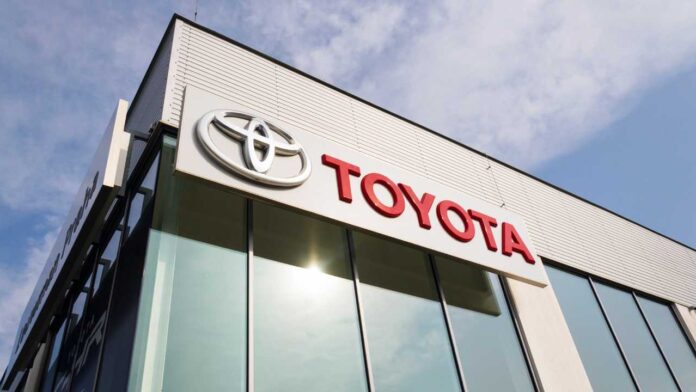Toyota Indus Motor Company (IMC), one of Pakistan’s largest automakers, recently announced plans to invest $100 million in hybrid vehicles. In the market, the report sparked significant debate. Many people wondered why Toyota Indus was falling behind in the world’s electric vehicle revolution.
In an interview, Toyota IMC CEO Ali Asghar Jamali addressed such concerns. He discussed why the corporation chose to focus on hybrid electric vehicles and emphasised his confidence in the company’s decision (HEVs). “EVs are not practical in Pakistan,” Jamali says succinctly.
Why HEVs Are a Better Option than EVs?
Jamali began by praising electric vehicle technology. However, Toyota IMC does not want to be the first to market, given the hurdles that the Pakistani auto industry faces.
Electric motors are used to power EVs. The electric motor is powered by battery packs, which must be plugged into a wall outlet or charged with special equipment. HEVs, on the other hand, use both an internal combustion engine and an electric motor to provide power. Regenerative braking charges the battery in hybrid automobiles.
The company’s ideal goal, according to Toyota IMC CEO Ali Jamali, is to debut every model with a 50% hybrid share in the future. In addition to the $100 million, the corporation plans to invest $30 million in plant development to meet this goal.
EVs are quickly becoming the world’s next big thing, but Pakistan is still a long way away. Our country isn’t developed enough to adopt EV technology, as Jamali points out. We lack the infrastructure for charging, and we rely on fossil fuels to generate electricity. That is why, in our country, EVs are impractical; HEVs are.


